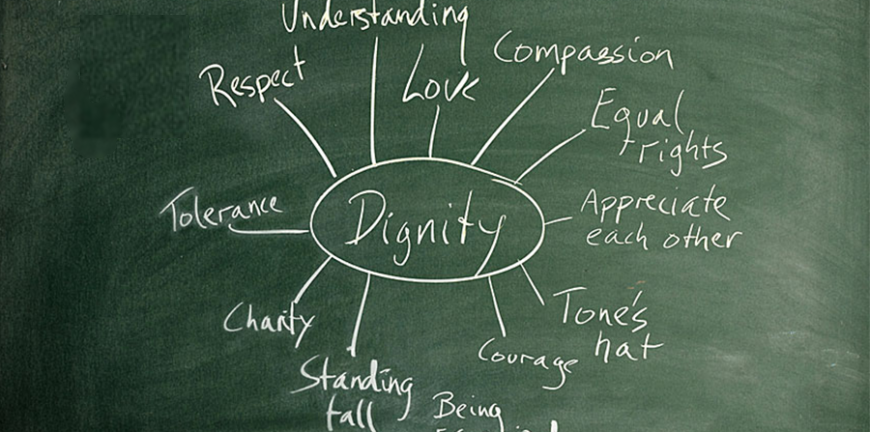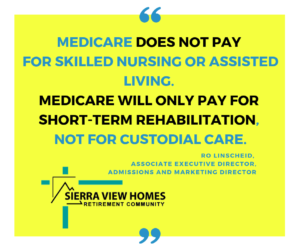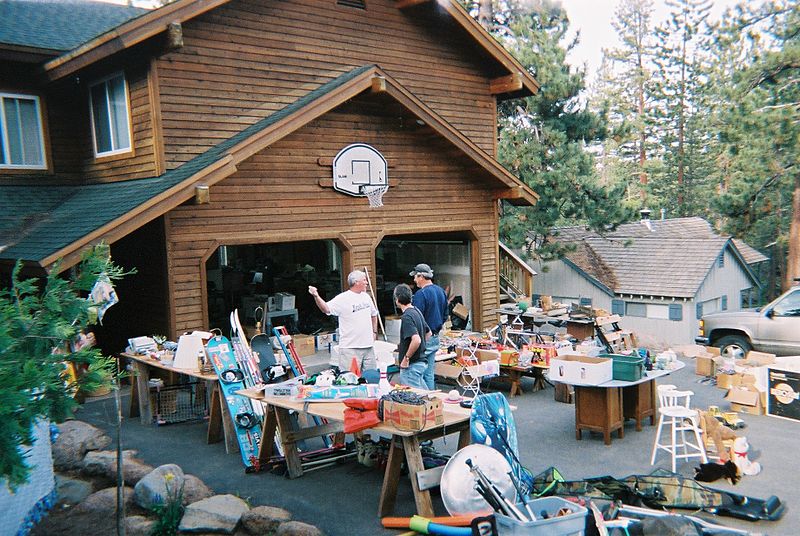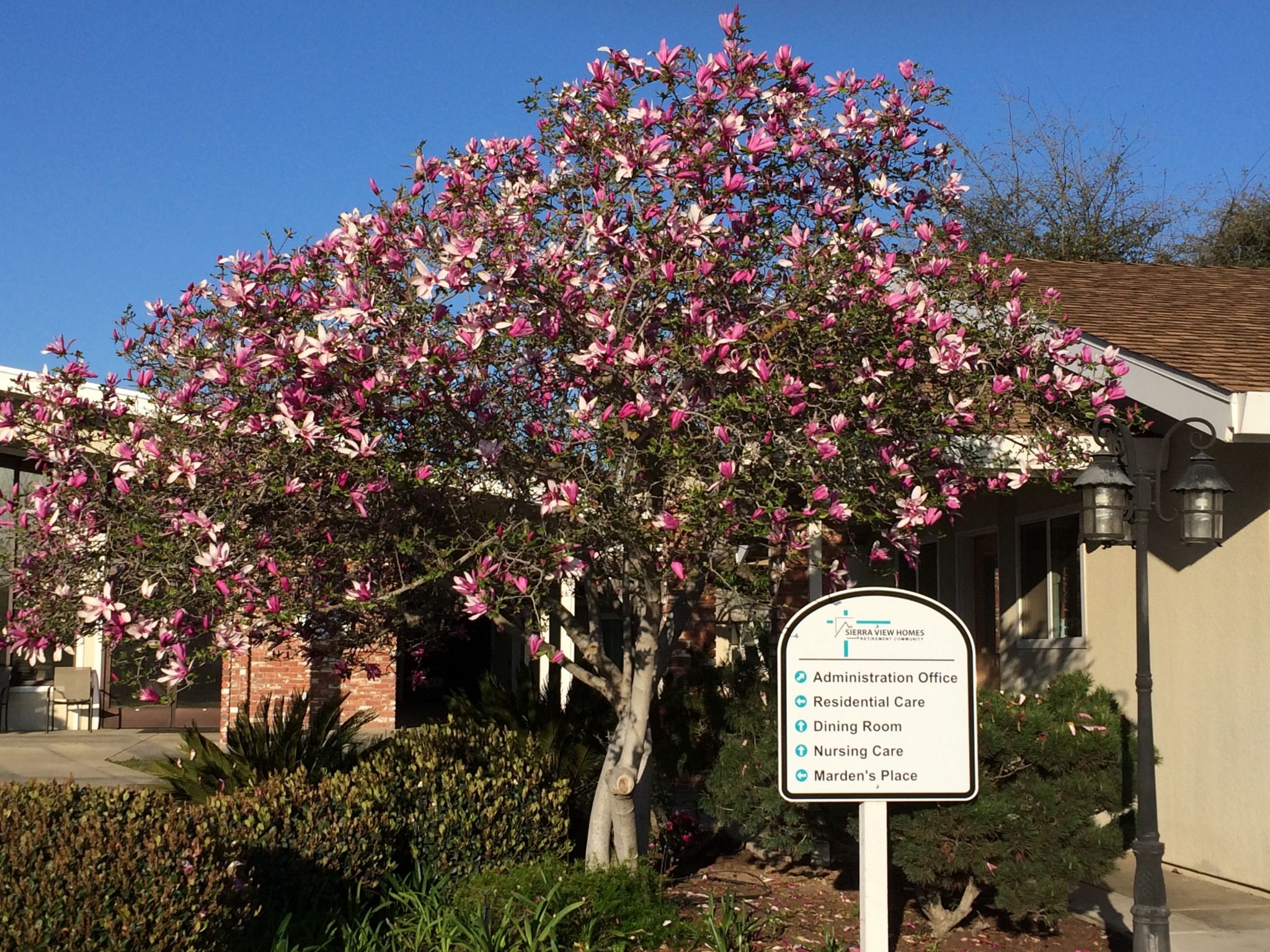
10 TIPS for Living a Dignified Life as You Age
“Aging with dignity is the ability to live life to its fullest in the place you call home, regardless of age, illness or disability. “ So starts an article by Victoria R Ballesteros and Athan G. Bezaetis. Both are communication professionals with the SCAN Foundation. The article they wrote covers 10 points on the topic of aging with dignity. These are good points to use to look to the future. Here is a summary of those points with some comments of my own.
TIP #1: You Are Not Alone
We have been hearing for a while now that the huge number of baby boomers are now reaching retirement age. There are not enough retirement communities, assisted living buildings or skilled nursing facilities to accommodate the numbers of people who will need care. It is important for you to talk to your family. Share with them what aging with dignity means to you on a personal level and listen to what it means for them.
TIP #2: Different People Need Different Kinds of Support
Most folks need someone to socialize with, some need help with medication management and others need some help to make sure they eat nutritious foods. Older individuals with health conditions that make routine activities difficult need specialized help. There is help for giving care in the home. Contact your Area Agency on Aging, Medi-Cal office, and your doctor to find out what help is offered in your area. There are no free services; however, there are people who are willing to volunteer occasionally. A good place to look for volunteers is your church.
TIP #3: Family Member Support Counts.
Family is a vital part of aging with dignity. Family members do many kinds of hands on care for individuals who have health needs. Someone in the family often helps with finances either managing money or helping to pay for needed help. Emotional support is an important family contribution. This can be challenging when you also have to grieve the loss of health and vitality.
TIP #4: Plan for Expensive Long-Term Care
Hiring people to provide care in your home can get very expensive. I understand a certified nursing assistant is being paid more than $15 per hour in most cases. In-home support organizations are charging $25 per hour and above. Nursing Homes are trying to keep costs to the resident as low as possible, but ever increasing environment regulations forces the cost of providing care to continue increasing. Many nursing homes cost $7000 a month and above.
TIP #5: Medicare Does Not Pay
I get a number of calls each week with the question, “Does Medicare pay for my loved one’s stay in Skilled Nursing or Assisted Living>” They are so surprised when I have to tell them Medicare does not pay. Medicare will only pay for a short-term rehabilitation stay not for custodial care. If you stay longer in a Skilled Nursing Home, you will have to pay out-of-pocket. If you end up spending all of your assets, you may then apply for Medi-cal, California‘s version of Medicaid. Medi-Cal has several programs to assist you in paying health care costs.
TIP #6: Talk to Your Loved Ones.
Planning is important. Decisions are extremely difficult when a crisis happens. Has a Durable Power for Health Care been established? If it has, how old is it, and are the agents listed in the document still able to fulfill the functions assigned to them? Are health care wishes spelled out in the document, or have there been explicit conversations with the Durable Power agent so the wishes can and will be honored when that time comes?
TIP #7: Talk to Your Loved One’s Doctors
Aging brings health care changes. Being a strong advocate for someone who is aging means you need to know about what the doctors feel is the right treatment. Do you have the right specialists? Are there contradictory issues or treatments going on? Doctors do not necessarily talk to each other.
TIP #8: Build a Circle of Support
The Durable Power of Health agent is certainly an important person in the life of someone who is aging. It may also be important to have discussions with your loved one’s attorney, financial planner, insurance provider and other family members. It is never an easy task to bring everyone together, but it is important to bring all people involved into the decision-making process to honor your loved one’s wishes and desires.
TIP #9: We All Have Different Definitions of Aging with Dignity
We all want to age with dignity, choice and independence. We want to live life to the fullest regardless of age, health care issues or ability. Be sure you understand how your loved one defines aging with dignity and make that part of the master plan.
TIP #10: Get Involved
Decisions are being made at the state and federal level that could impact the services available to you and your loved ones. Stay informed and speak up by talking to your local, state, and federal officials. The SCAN Foundation website can keep you updated.
Aging with dignity is important and creates less fear in the aging process. At Sierra View Homes Retirement Community, we strive to do person-centered care to increase dignity in the lives of the people we care for. We care-plan the resident wishes in the Residential Care/Assisted Living Facility, keeping the resident center in the plan of care. There are activities for the independent living to help foster friendships and a sense of belonging and to stay physically agile. The goal is to provide an outstanding environment that promotes dignity and a sense of well-being.
For more information about Sierra View Homes Retirement Community, please contact Crystal Rogalsky at (559) 638-9226 and crogalsky@sierraview.org.




